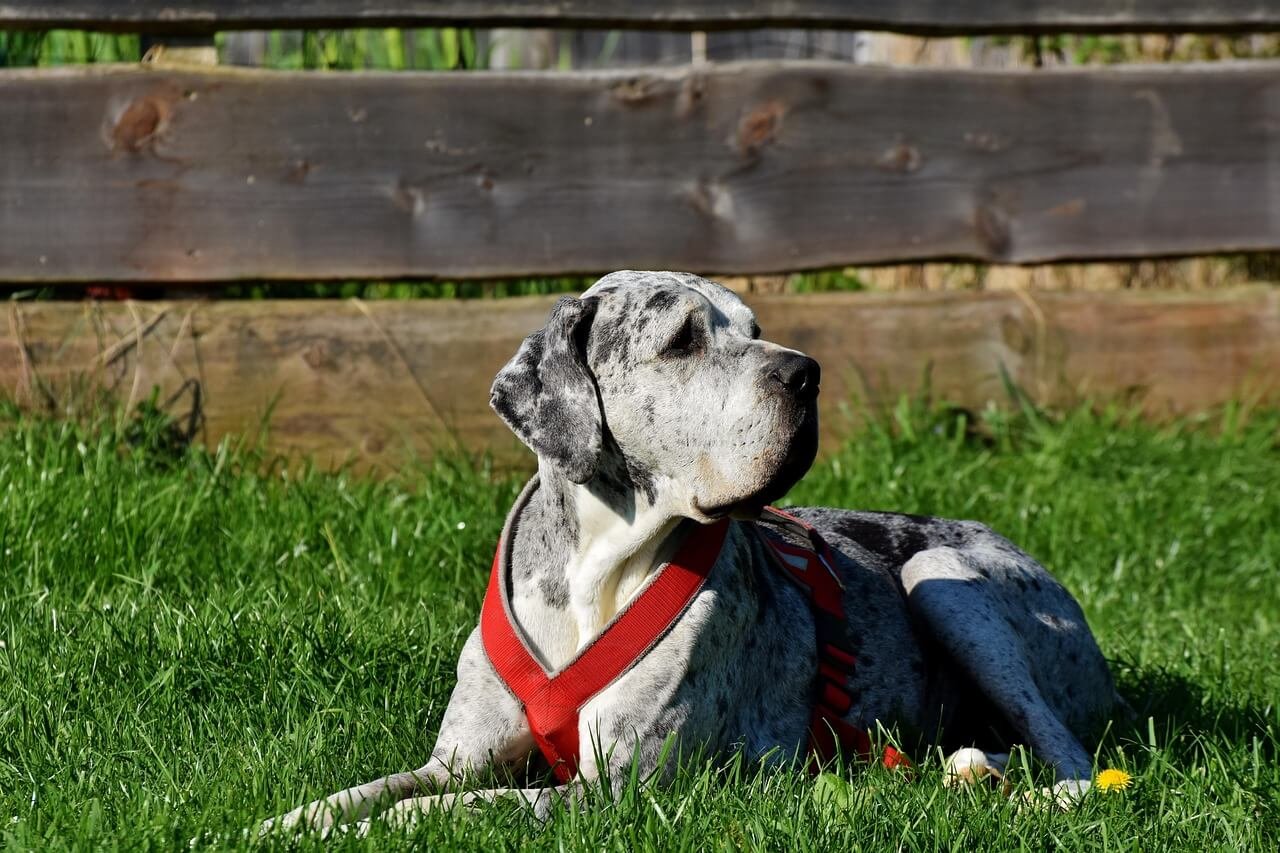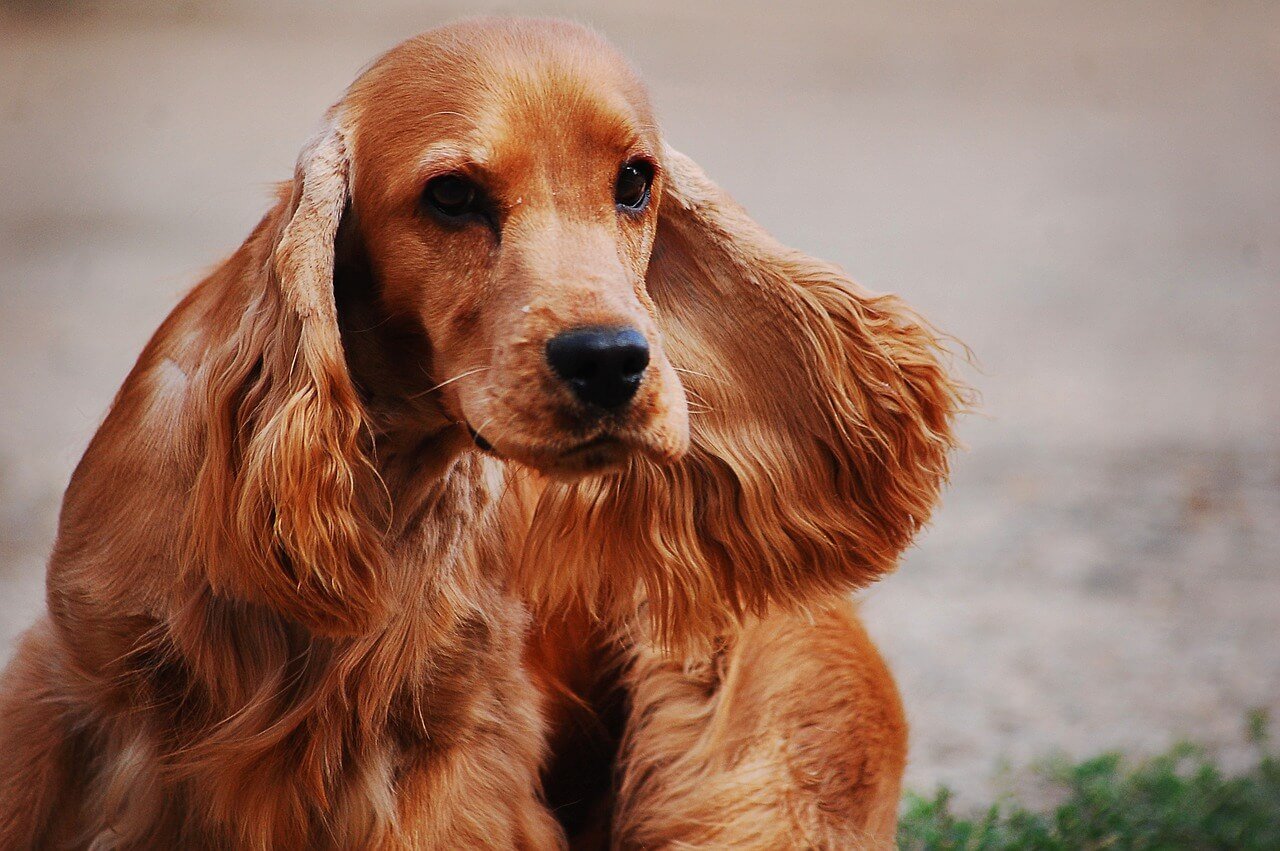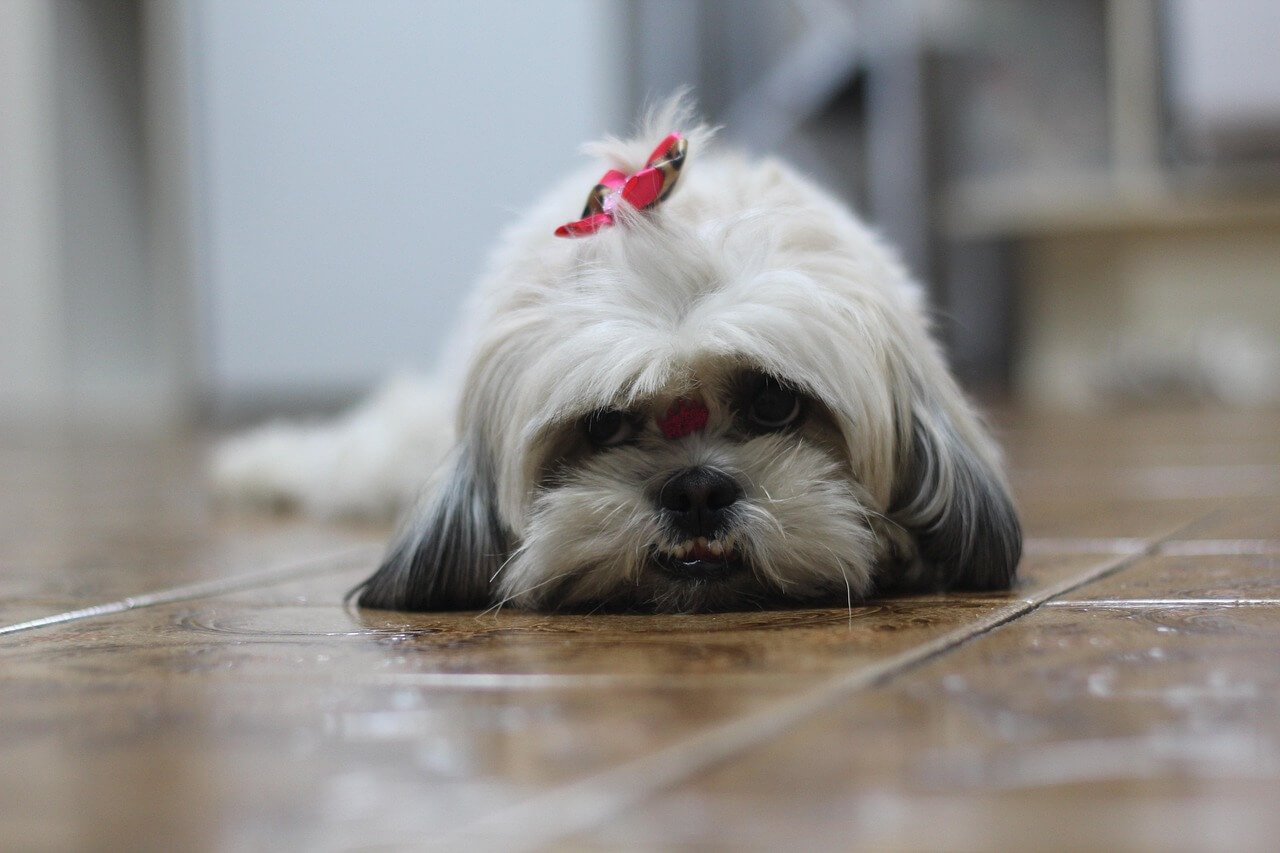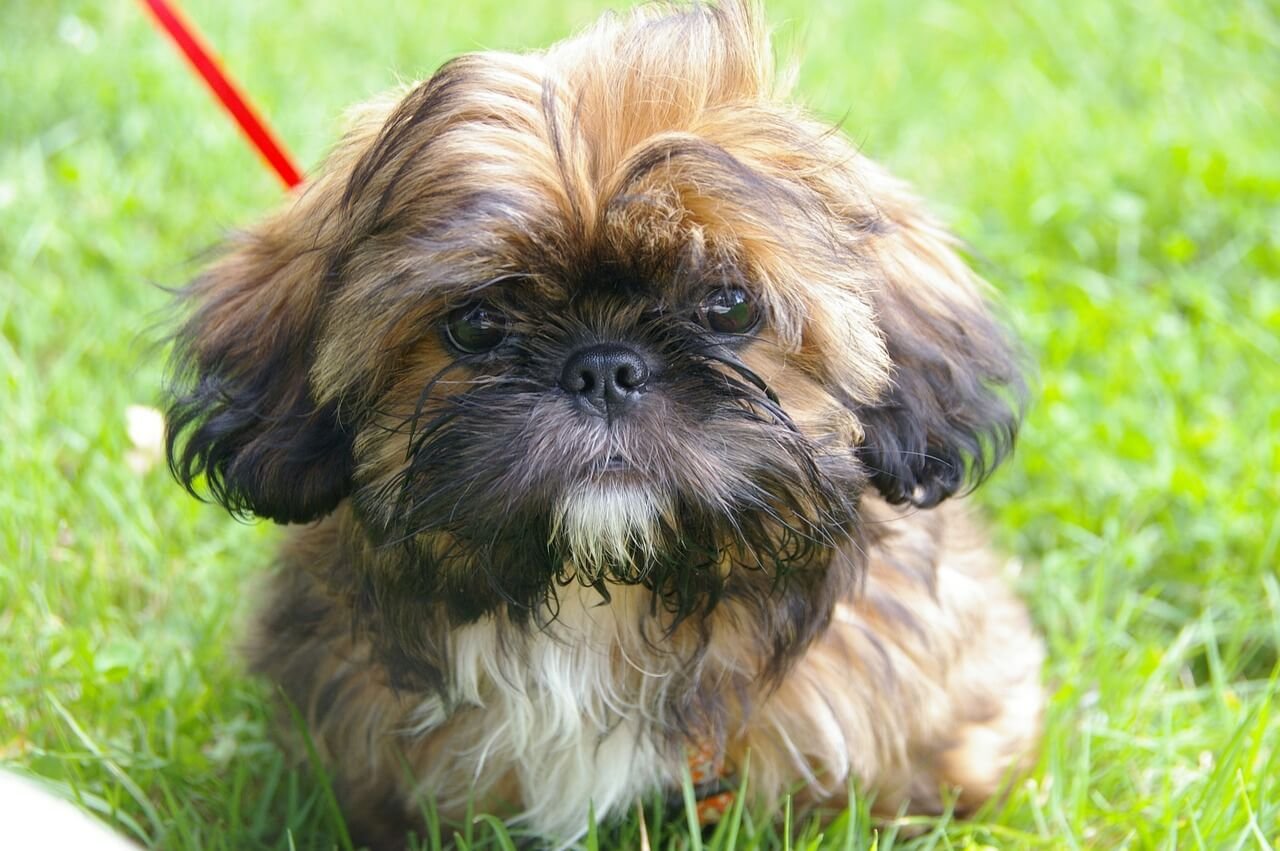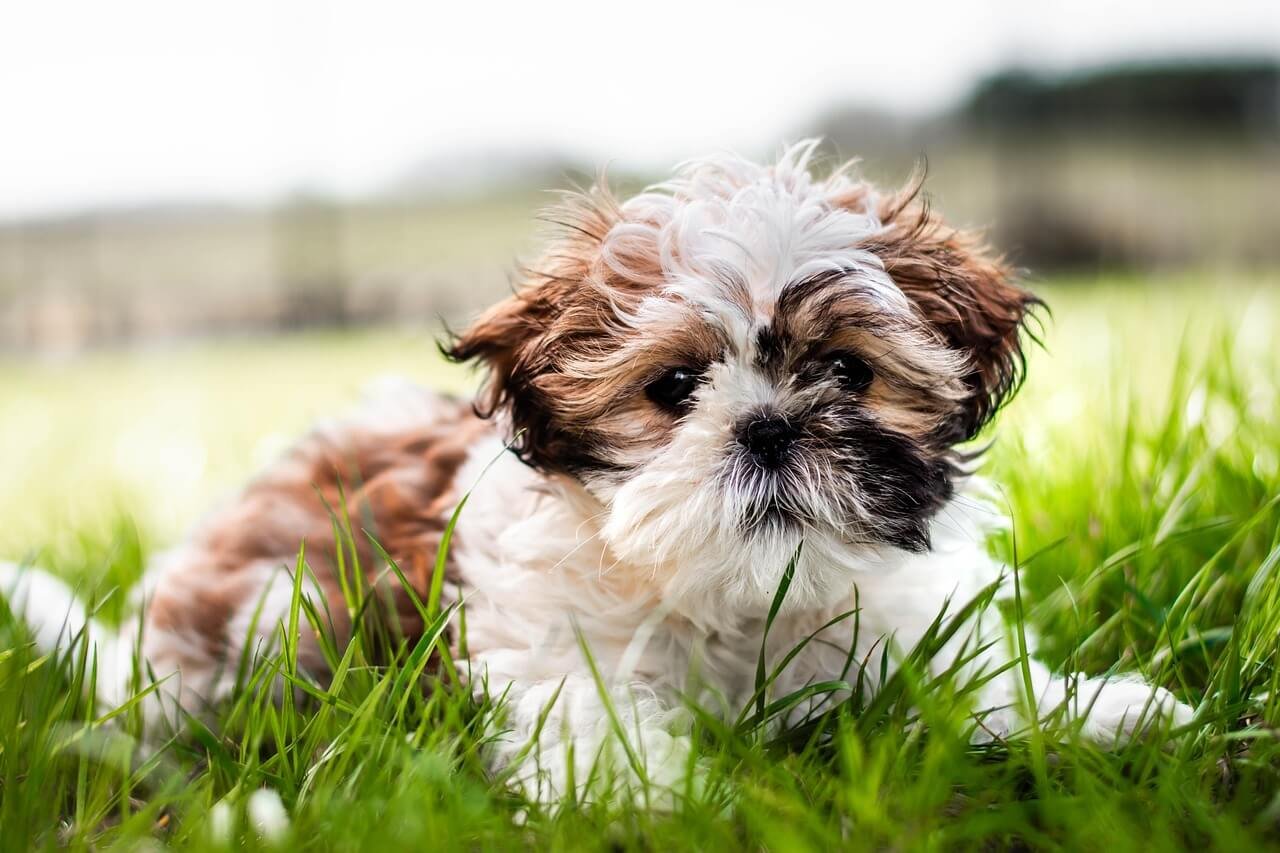How Much Does a Great Dane Cost? A Comprehensive Guide
The Great Dane, often referred to as the “Apollo of Dogs,” is a majestic breed known for its towering height and gentle demeanor. While their striking appearance and affectionate nature make them a popular choice for families and dog enthusiasts alike, many potential owners wonder about the financial commitment involved in bringing one home. From initial purchase costs to ongoing expenses like food, grooming, and medical care, owning a Great Dane requires careful planning. In this blog post, we’ll break down everything you need to know about the cost of owning a Great Dane, helping you make an informed decision about whether this magnificent breed is right for you.
Initial Costs of Buying a Great Dane
Before diving into the day-to-day expenses of owning a Great Dane, it’s important to understand how much you might spend upfront when purchasing or adopting one. Several factors influence the price of a Great Dane, including breeder reputation, lineage, and location. Here’s a breakdown of what to expect:
Puppy Price: The average cost of a Great Dane puppy from a reputable breeder ranges from $800 to $3,000, depending on pedigree and coat color.
Adoption Fees: Adopting a Great Dane from a rescue organization typically costs between $150 and $400, which includes vaccinations and spaying/neutering.
Show-Quality Dogs: If you’re looking for a show-quality Great Dane, prices can exceed $3,000 due to their superior breeding and conformation.
Rare Coat Colors: Puppies with rare coat colors, such as blue or brindle, may come with a premium price tag.
Health Testing Fees: Responsible breeders conduct health tests on parent dogs, which can slightly increase the cost of the puppy.
While the upfront cost of a Great Dane can vary significantly, investing in a healthy, well-bred dog is crucial for avoiding future health issues that could lead to higher expenses.
Ongoing Expenses of Owning a Great Dane
Once you’ve brought your Great Dane home, there are recurring costs to consider. These expenses ensure your dog remains happy, healthy, and well-cared-for throughout their life. Here’s a detailed look at the ongoing costs associated with owning a Great Dane:
Food Costs: A Great Dane requires high-quality food formulated for large breeds, costing approximately $60 to $120 per month.
Veterinary Care: Routine vet visits, vaccinations, and medications can range from $500 to $1,000 annually.
Grooming Supplies: Regular brushing and nail trimming require basic grooming tools, which may cost around $50 initially.
Pet Insurance: Monthly premiums for pet insurance typically range from $30 to $70, providing financial protection against unexpected medical bills.
Miscellaneous Expenses: Items like toys, beds, leashes, and collars can add up to $200 or more annually.
Understanding these ongoing costs will help you budget effectively and ensure your Great Dane receives the care they deserve without financial strain.
Check this guide 👉How Much Does a Great Dane Weigh? Best 7 Expert Tips!
Check this guide 👉How Long Does a Great Dane Live? Best 7 Health Tips!
Check this guide 👉Best Dog Food for Great Danes: 7 Expert tips!
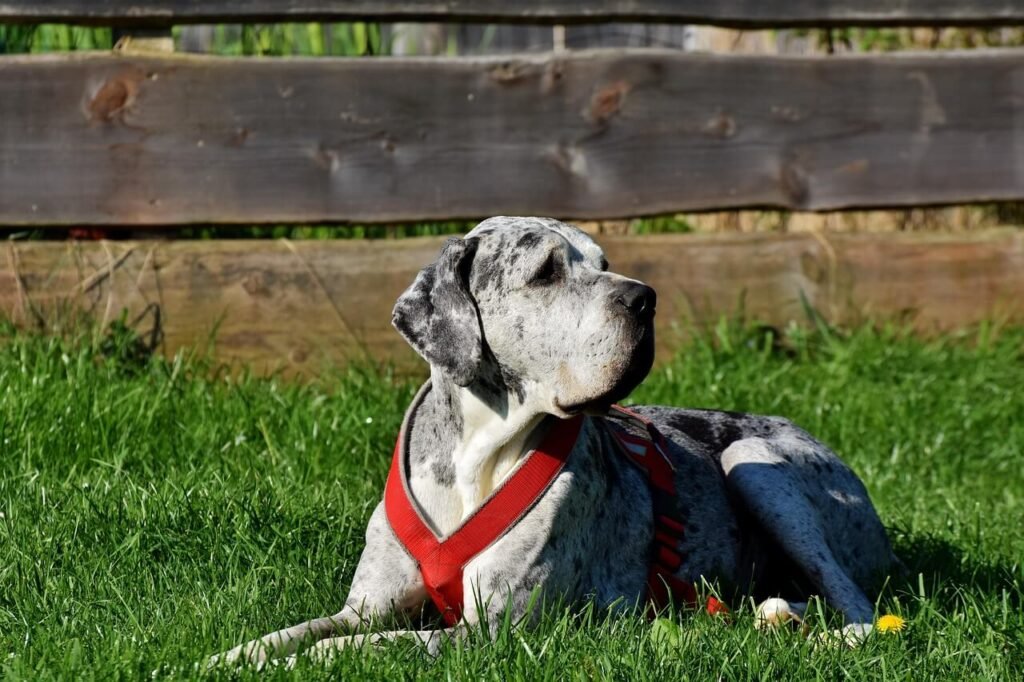
Cost Category | Estimated Expense Range |
|---|---|
Initial Purchase/Adoption | $150 – $3,000 |
Monthly Food Costs | $60 – $120 |
Annual Veterinary Care | $500 – $1,000 |
Pet Insurance (Monthly) | $30 – $70 |
Miscellaneous Supplies | $200+ annually |
Hidden Costs of Owning a Great Dane
In addition to the obvious expenses, there are several hidden costs that potential Great Dane owners should be aware of. These costs can catch new owners off guard if they aren’t prepared. Here’s a list of some lesser-known financial considerations:
Home Modifications: You may need to invest in sturdy furniture, gates, or crates to accommodate your Great Dane’s size.
Emergency Medical Bills: Despite preventive care, emergencies like bloat or injuries can result in costly treatments.
Increased Utility Bills: Larger dogs may lead to higher water usage for baths and increased electricity for heating during colder months.
Dietary Supplements: Some Great Danes benefit from joint supplements or specialized diets, adding to monthly food costs.
Boarding or Pet Sitting: If you travel frequently, boarding fees for a giant breed can be significantly higher than for smaller dogs.
By accounting for these hidden costs, you can avoid financial surprises and ensure your Great Dane enjoys a comfortable and fulfilling life.
Tips for Reducing Costs Without Compromising Care
While owning a Great Dane comes with significant expenses, there are ways to manage costs without sacrificing your dog’s well-being. With a bit of planning and resourcefulness, you can save money while still providing excellent care. Consider the following tips:
Buy in Bulk: Purchase food and supplies in bulk to take advantage of discounts and reduce long-term spending.
DIY Grooming: Learn basic grooming techniques to minimize professional grooming costs.
Preventive Care: Focus on preventive measures like regular exercise and dental care to reduce the likelihood of costly medical issues.
Shop Smart: Look for sales, coupons, or second-hand items like beds and toys to stretch your budget further.
Join Communities: Connect with local Great Dane groups for advice, shared resources, and potential discounts on services.
With a proactive approach, you can keep costs manageable while ensuring your Great Dane thrives.
Health Considerations for Great Danes
Great Danes are prone to certain health issues due to their large size and rapid growth. Being aware of these potential problems can help you prepare for both the financial and emotional aspects of caring for your dog. Here are some common health considerations:
Bloat (Gastric Torsion): This life-threatening condition is common in deep-chested breeds like Great Danes and requires immediate veterinary attention.
Hip Dysplasia: A genetic condition that affects joint mobility, often requiring surgery or long-term pain management.
Heart Conditions: Great Danes are susceptible to dilated cardiomyopathy, a serious heart disease that may shorten their lifespan.
Bone and Joint Issues: Rapid growth during puppyhood can lead to skeletal problems, necessitating careful monitoring and nutrition.
Short Lifespan: With an average lifespan of 7-10 years, Great Danes require focused care to maximize their quality of life.
Understanding these health risks allows you to take preventive measures and budget for potential medical expenses, ensuring your Great Dane stays healthy and happy.
Training and Socialization Needs
Training and socialization are essential for raising a well-behaved and confident Great Dane. Due to their size and strength, proper training is not only beneficial but necessary to prevent accidents or behavioral issues. Here’s what you need to know:
Early Socialization: Expose your Great Dane puppy to various people, animals, and environments to reduce fear-based reactions as they grow.
Obedience Training: Teaching commands like “sit,” “stay,” and “heel” helps manage their size and prevents unruly behavior.
Positive Reinforcement: Reward-based methods work best, as Great Danes respond poorly to harsh corrections or punishment.
Consistency is Key: Establish clear rules and routines to reinforce good behavior and discourage bad habits.
Professional Help: If needed, consider hiring a trainer to guide you through the process, especially for first-time Great Dane owners.
With patience and dedication, training and socialization will ensure your Great Dane becomes a well-mannered companion who fits seamlessly into your lifestyle.
Living Environment for a Great Dane
Great Danes thrive in environments that accommodate their size and energy levels. While adaptable, they do better in certain living conditions than others. Here’s how to create a suitable environment for your Great Dane:
Space Requirements: They need ample room to move around, making homes with spacious yards ideal over small apartments.
Climate Considerations: Their short coat makes them sensitive to extreme temperatures, so avoid prolonged exposure to heat or cold.
Furniture Durability: Invest in sturdy furniture that can withstand accidental bumps from their large frame.
Safe Play Areas: Ensure your yard is securely fenced to prevent escapes and protect them from hazards like traffic.
Quiet Surroundings: Great Danes prefer calm environments and may become anxious or stressed in chaotic settings.
Providing a comfortable and safe living environment ensures your Great Dane feels secure and content, reducing the likelihood of stress-related behaviors.
Frequently Asked Questions About Great Dane Costs
How much does a Great Dane puppy cost?
Prices typically range from $800 to $3,000, depending on factors like breeder reputation and coat color.
Are there additional costs after buying a Great Dane?
Yes, ongoing expenses include food, veterinary care, grooming, and miscellaneous supplies.
Can I adopt a Great Dane instead of buying one?
Yes, adoption fees usually range from $150 to $400 and often include vaccinations and spaying/neutering.
Do Great Danes have high food costs?
Yes, feeding a Great Dane can cost $60 to $120 per month due to their large size and dietary needs.
Is pet insurance worth the investment?
Pet insurance can help offset unexpected medical expenses, making it a worthwhile investment for many owners.
Final Thoughts: Is a Great Dane Right for You?
Bringing a Great Dane into your life is a rewarding experience, but it’s essential to weigh the financial responsibilities before making the commitment. From initial purchase or adoption costs to ongoing expenses like food, veterinary care, and grooming, owning a Great Dane requires careful budgeting. However, with proper planning and a willingness to invest in their well-being, these gentle giants can bring immense joy and companionship to your household. By understanding the true cost of owning a Great Dane and preparing accordingly, you can ensure a harmonious and fulfilling relationship with your new furry friend.
How Much Is a Cocker Spaniel? Best 7 Expert Tips! Discover the true cost of owning a Cocker Spaniel, from initial expenses to expert advice on budgeting and care. Perfect for future owners!
How Much Should a Shih Tzu Weigh? Best 7 Expert Tips! Discover the ideal weight range, factors influencing it, and expert advice to keep your Shih Tzu healthy and happy.
How Much Does a Shih Tzu Cost? Best 7 Expert Tips! Discover the true cost of owning a Shih Tzu, from initial expenses to hidden fees. Perfect for future owners!
Are Shih Tzus Hypoallergenic? Best 7 Health Tips! Discover if Shih Tzus are hypoallergenic and learn expert advice to manage allergies with this beloved breed. Perfect for allergy sufferers!

